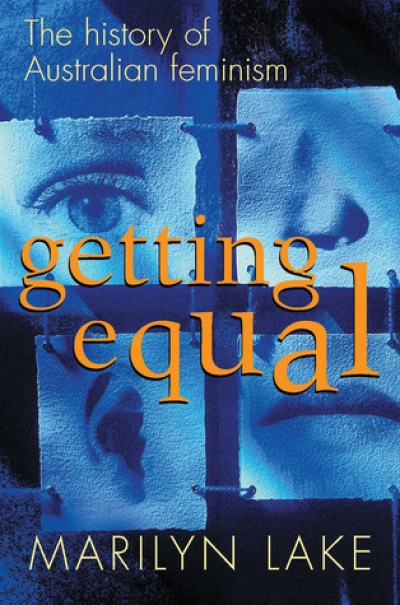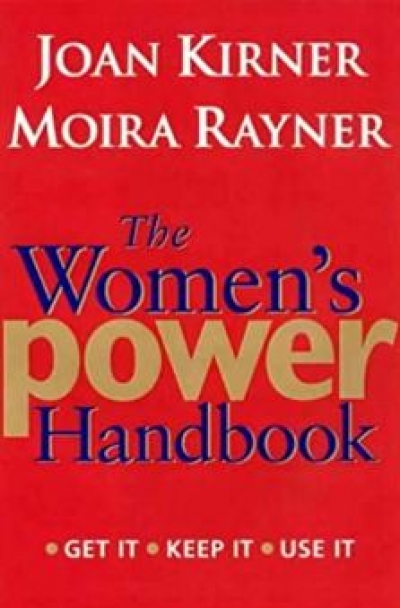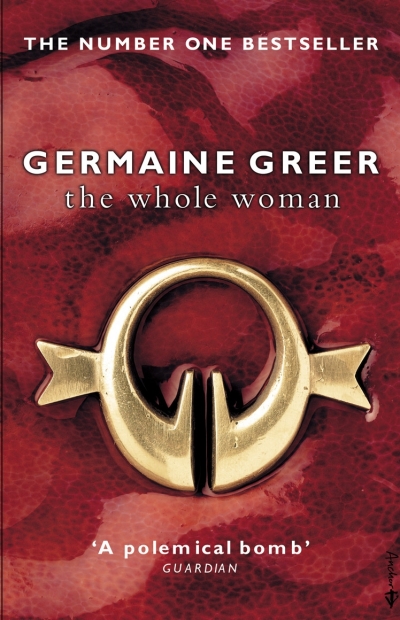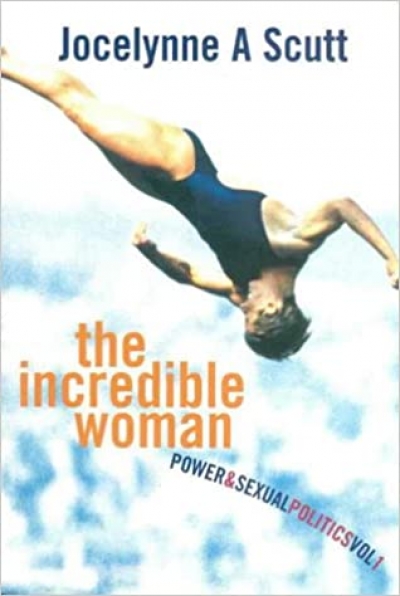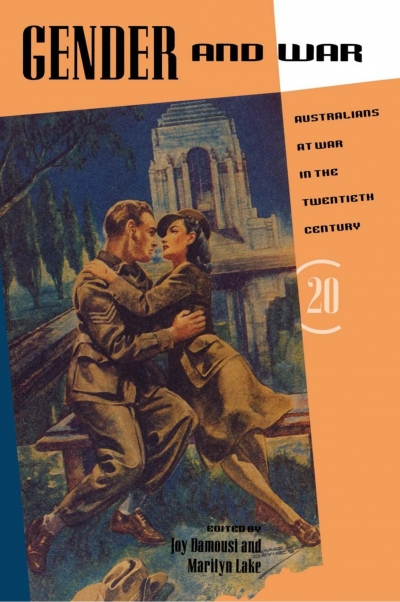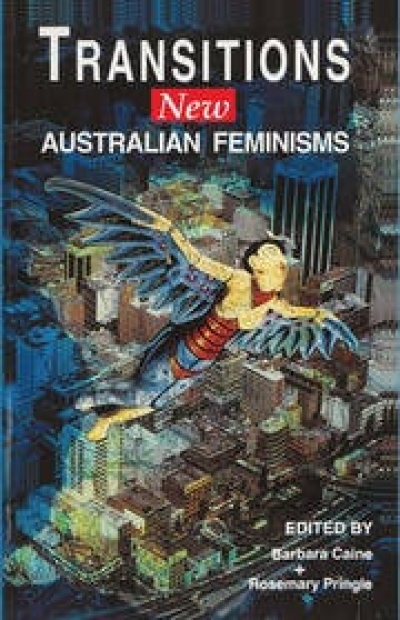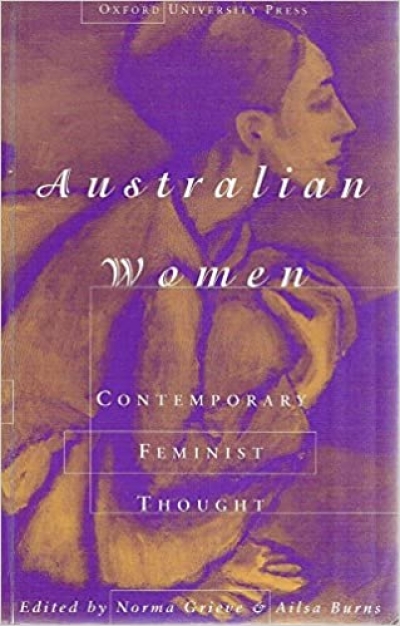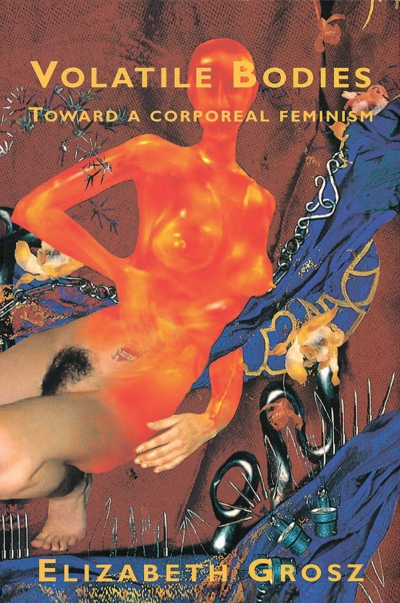Feminism
I have always been puzzled by society’s readiness to send their young men into battle, and that the young men go, and then tell such lies when they get home about what they saw when they looked on the face of battle. I hadn’t wondered about women, except to be glad that they were exempt from combat. Now comes Mischa Merz’s Bruising, which is about fear, aggression, and courage, and written out of her experience of one-to-one combat in the boxing ring.
... (read more)Getting Equal: The history of Australian feminism by Marilyn Lake
Getting Equal: The History of Australian Feminism sets out to cover the history of feminism in Australia during the period between 1877, when Charlotte Elizabeth McNeilly unsuccessfully petitioned the Sydney court for a divorce from her abusive husband, and now when Helen Osland is currently serving a gaol sentence for the murder of her husband after a married life of brutal abuse.
... (read more)What do women want and how can they get it? These questions were at the heart of second wave feminism. The Women’s Power Handbook focuses on the second of these queries. The idea for the book was born when Moira Rayner and Joan Kirner met touring Victoria with Naomi Wolfe. On their travels they were struck by the questions that young women asked. Most of these related to practical issues about power. How to get it and, more important, how to use it without compromising integrity. According to the authors, no feminist tracts were providing young women with the answers that they needed, and this is what they set out to do in The Women’s Power Handbook.
... (read more)‘Though I disagreed with some of the strategies and was as troubled as I should have been by some of the more fundamental conflicts [of feminism], it was not until feminists of my own generation began to assert with apparent seriousness that feminists had gone too far that the fire flared up in my belly.’
... (read more)The Incredible Woman by Jocelynne A. Scutt & The Incredible Woman by Jocelynne A. Scutt
When I mentioned to one of my exceptionally brainy friends that I was reviewing Jocelynne Scutt’s recent collection of speeches and papers – most of which were written during the late 1980s and 1990s and which have now been edited for a two volume work entitled The Incredible Woman – I was, strange as it may seem, not surprised to hear her say that the very thought of reading anything by Scutt made her anxious. For while those of us who are familiar with Scutt’s work will be aware of how wonderfully accessible it is, those who are familiar instead with Scutt’s formidable reputation might well presume that her writing will be heavygoing. It’s not. And because Incredible is both accessible and an important contribution to feminist politics, it would be a pity if people shied away from it.
... (read more)Gender and War: Australians at war in the twentieth century edited by Marilyn Lake and Joy Damousi
The serious academic study of war has grown considerably in Australia in the last ten to fifteen years, bringing with it an often welcome diversification in focus and a willingness to subject old issues to fresh scrutiny. One sign of the increasing acceptance of war as a subject of serious study in the universities is the increasing number of university historians and other who, with little knowledge of or interest in the mechanics of war, nonetheless extend their work to include consideration of war and the military as these affect their particular areas of interest.
... (read more)Transitions: New Australian feminisms edited by Barbara Caine and Rosemary Pringle
In the last eighteen months three Australian feminist collections have appeared, each apparently addressed in its different way to the women’s studies market. Each title, or subtitle, is anxious to proclaim itself of the moment: Australian Women: Contemporary feminist thought (OUP); Contemporary Australian Feminism (Longman Cheshire); and now, only prevented by the limits of the print medium from flashing its red light, Transitions: New Australian feminisms from Allen & Unwin. To cultural analysts that extra ‘s’ will speak volumes.
... (read more)We are the stories we tell. We need our stories: they make us feel real. Stories give to our personal experience the particular shapes and cohesiveness we call ‘self’. When we enter into new friendships, when we fall in love, we tell our stories. The closer we draw to people, the more of our stories we are willing to risk. ‘Risk’ is always a factor. If we fall out with our closest friends, if love turns to enmity, the stories which are us may be stolen from our telling, and reshaped with malicious intent, putting at peril our cohesiveness, pressing us into despair, pushing towards the fragmentation of self we call madness. The stories which make us strong, self-confident, keep us vulnerable as well. Stories are easy to steal.
... (read more)Australian Women: Contemporary feminist thought edited by Norma Grieve and Ailsa Burns
Feminism is one of the great, enduring intellectual movements of the twentieth century. This collection of essays, mainly by academics, examines how that movement has advanced to date and where it appears to be headed.
... (read more)Volatile Bodies: Towards a corporeal feminism by Elizabeth Grosz
Volatile Bodies is an important book: its challenge is nothing less than the development of a non-essentialist, feminist philosophy of the body.
... (read more)


